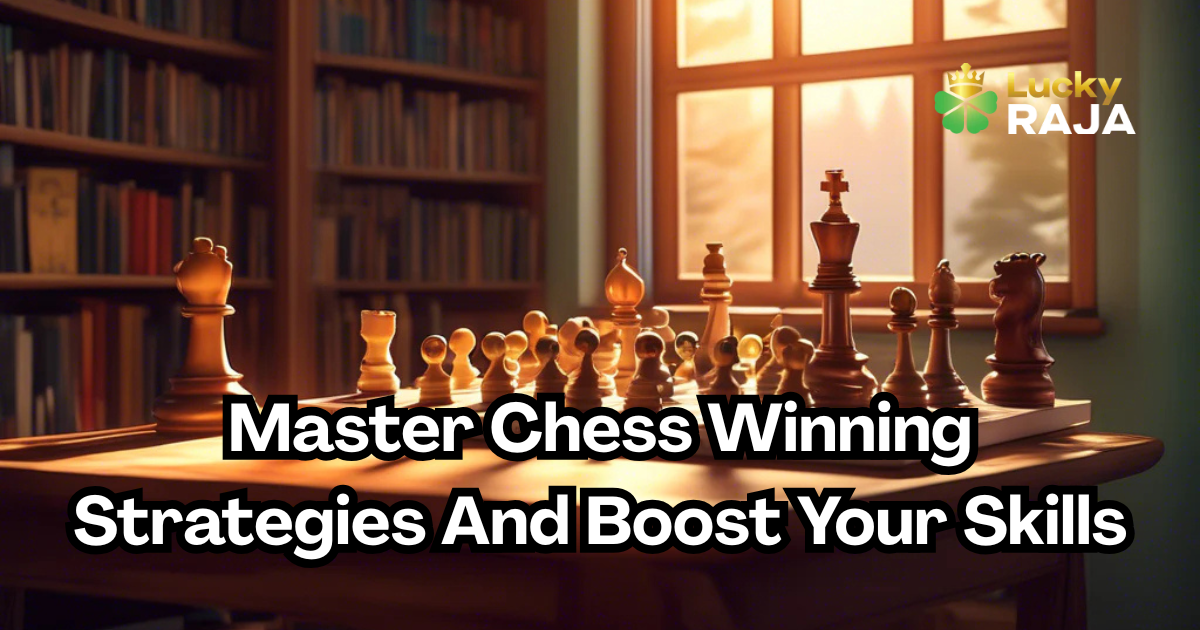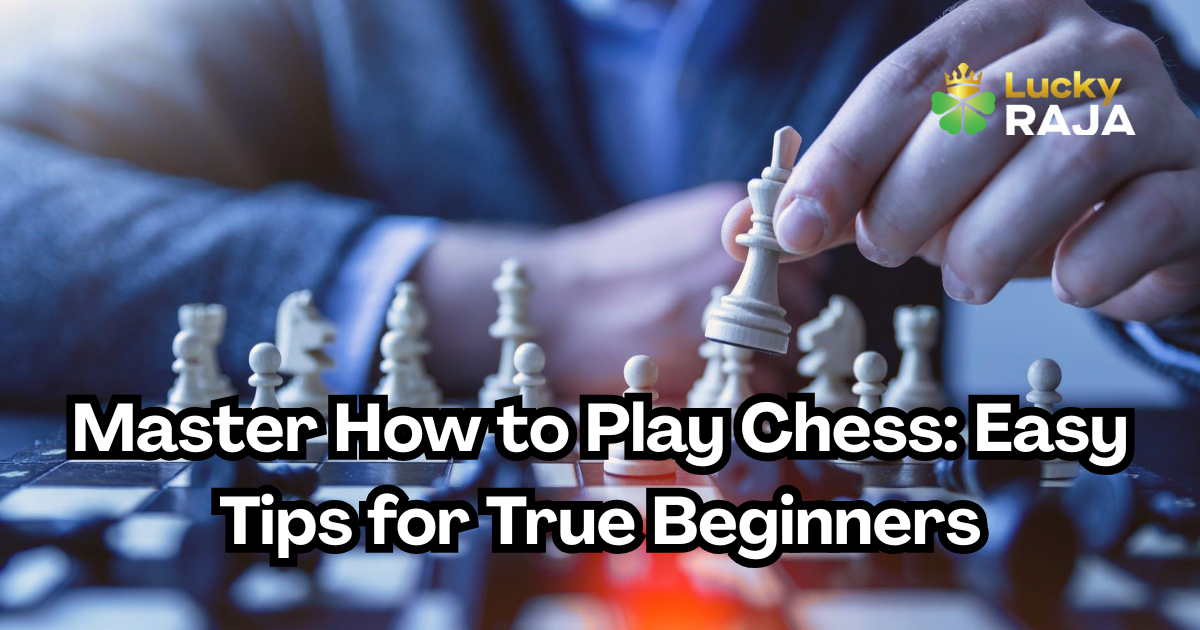Whether you're just learning the game or already trading rooks with experienced players, mastering chess winning strategies can help you level up faster than you think. Chess isn’t just about moving pieces—it's about planning, predicting, and pulling the right tactic at the right time.
In this article, we’ll break down essential chess winning strategies that players of all levels can use. We'll also compare beginner, intermediate, and advanced tactics so you can identify where you stand and how to move forward.
The best players in the world aren’t just moving pieces at random. They follow structured approaches, anticipate their opponent's moves, and apply chess winning strategies designed to trap and outmaneuver. Without a proper strategy, even the most skilled players can lose to a well-prepared amateur.
Using effective chess winning strategies increases your chances of staying ahead on the board, even when the game gets intense. It helps in time control, improves focus, and most importantly, trains your mind to think like a grandmaster.
- Control the Center Early: The center of the board—particularly the squares e4, d4, e5, and d5—is vital. Gaining control of these squares early gives you better movement and control, a key part of most chess winning strategies.
- Develop Your Pieces Quickly: Avoid moving the same piece multiple times during the opening unless necessary. A good chess winning strategy always includes fast development to connect rooks and establish king safety.
- Prioritize King Safety: Castling early is not just tradition—it’s smart. It's one of the first lessons in effective chess winning strategies and protects your most valuable piece from early attacks.
- Don’t Chase Pawns: Pawns are important, but a strategy that sacrifices positioning for pawns often backfires. Stick to solid chess winning strategies instead of falling for bait.
- Think Ahead, Not Just React: A common trait among champions is always thinking a few moves ahead. The ability to anticipate your opponent’s options is central to all chess winning strategies.
- Look for Tactical Motifs: Pins, forks, skewers, discovered attacks—these tactics often lead to game-changing moments. Recognizing them is a core part of sharp chess winning strategies.
- Trade Smart, Not Often: Not all trades are equal. A good chess winning strategy evaluates whether the exchange improves your position or helps control the board.
- Control Open Files with Your Rooks: Rooks are strongest on open or semi-open files. A great chess winning strategy always uses rooks to dominate these pathways and invade enemy territory.
- Avoid Time Trouble: Many players lose games due to poor time management. A solid chess winning strategy also includes balancing speed with precision.
- Practice Endgames: Knowing how to convert a winning position into victory is essential. Practice basic king and pawn vs. king scenarios, a must-know part of all chess winning strategies.
| Skill Level |
Strategy Focus |
Key Tip |
Example Strategy |
| Beginner |
Openings, Basic Tactics |
Control the center early |
King’s Pawn Opening |
| Intermediate |
Piece Coordination, Time Management |
Coordinate pieces for pressure |
Queen’s Gambit |
| Advanced |
Positional Play, Long-Term Planning |
Sacrifice material for board control |
Sicilian Defense |
| Expert/Pro |
Complex Calculations, Psychological Advantage |
Predict 4-6 moves ahead and apply pressure mentally |
King's Indian Defense |
This table provides a quick snapshot of how chess winning strategies evolve as you gain experience.
- Analyze Your Games: Use chess engines or apps like Lichess and Chess.com to review your games and spot mistakes.
- Play Longer Time Formats: Blitz games are fun but longer formats help you focus on deep chess winning strategies.
- Solve Chess Puzzles Daily: They sharpen your tactical vision, which is a pillar of all chess winning strategies.
- Study Master Games: Learning how grandmasters apply chess winning strategies can inspire new ideas and improve your own understanding.
- Keep a Chess Journal: Write down thoughts, mistakes, and lessons from each game. It helps you track progress and refine your chess winning strategies over time.
- Neglecting Development: Moving the same piece repeatedly or delaying development weakens your position.
- Ignoring Opponent Threats: Good chess winning strategies always include assessing the opponent’s possible moves.
- Overcomplicating Simple Wins: When ahead, many players get creative instead of closing out the game simply.
- Playing Without a Plan: A planless game leads to wasted moves. Every piece move should contribute to your chess winning strategy.
Mastering chess winning strategies takes time, practice, and consistency. Whether you're playing casually or aiming for tournament-level success, focusing on these tried-and-tested tactics will raise your game. Remember, the board may have 64 squares, but there are infinite ways to win. The goal is not just to play more games, but to play smarter games.
Apply these strategies, keep learning, and you'll notice your rating climb steadily. So go ahead—make your next move your best one!
Beginners should focus on controlling the center, developing pieces early, and castling for king safety. These foundational strategies increase win rates and confidence.
You need to practice everyday, study master games, solve puzzles regularly, and analyze your own played games using chess engines to sharpen your mind & strategies in the game
Controlling the center allows more mobility for your pieces and restricts your opponent’s movement, giving you a strategic advantage from the start.
Openings like the King's Pawn Opening, Queen's Gambit, and Sicilian Defense are popular for setting up strong middle-game positions and increasing your chances of winning.
Avoid repeating moves unnecessarily, don’t ignore your opponent’s threats, manage your time well, and always play with a clear strategy in mind.








__1750329480-0.png)


__1748520902-0.png)





